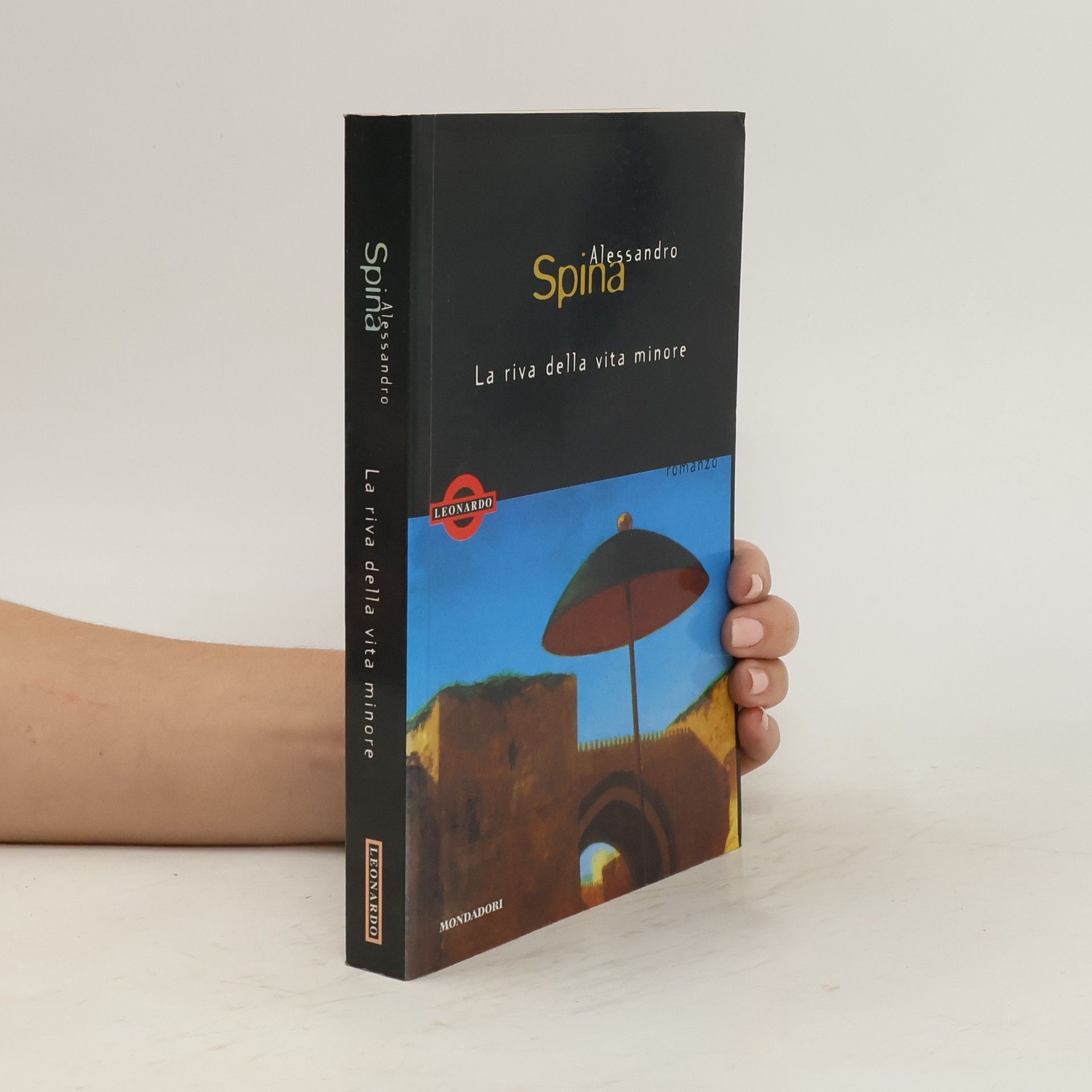La riva della vita minore
- 314bladzijden
- 11 uur lezen
Alessandro Spina, een auteur van Syrische afkomst die later Italiaans staatsburger werd, schreef werken die vaak koloniale thema's verkenden. Zijn schrijfstijl werd gewaardeerd om zijn uitzonderlijke kwaliteit en diepgang, zoals blijkt uit zijn uitgebreide correspondentie met prominente literaire figuren. Na vormende jaren in Libië en Milaan, vestigde hij zich definitief in Italië om zich volledig aan de literatuur te wijden. Zijn romans, later verzameld in de cyclus "De Grenzen van de Schaduw", duiken in de complexiteit van identiteit en menselijke relaties binnen een postkoloniale context.
